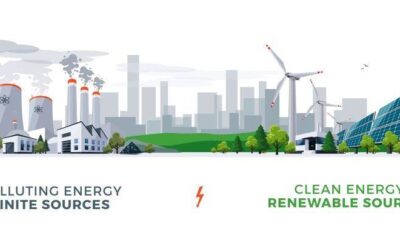

Energy
Offshore wind subsides will allow industry to compete, says Dong Energy
A leading developer of wind farms has said that an improved subsidy regime for offshore wind projects will improve investment and could allow the industry to compete with fossil fuels by the end of the decade.
The government’s National Infrastructure Plan, announced last week, confirmed that subsidies for onshore wind and solar power are to be cut in favour of offshore wind developments. For the financial year 2018/19 the level of support for offshore wind will increase by £5 per megawatt hour (MWh), to £140/MWh. This compares to the £5 per MWh decrease for onshore wind.
Dong Energy told the Guardian that this overhaul means it is “game on” in the North Sea with new investment now expected.
Brent Cheshire, British chairman of Dong Energy, said, “By 2020 our target is that we will be competitive [with traditional fossil fuels] and the need for subsidies will disappear pretty quickly. We have to do this, otherwise people will not keep on paying these subsidises but we are confident that we will be able to produce a reduction in costs between 35% and 40% by 2020.”
Dong Energy was one of the backers for the London Array, the world’s largest offshore wind farm, which needed investment of £1.5 billion.
Policy and investment uncertainty led to RWE NPower shelving plans to build a 240-turbine wind farm in the Bristol Channel last month. The company said it was “not the right time” for the project.
The European renewable industry has been calling for a legally binding target for 2030. The industry has warned that without one, future investment in the sector may be placed at risk.
A report sponsored by Dong Energy and published earlier this year urged the UK government to give more clarification about the power sector and the mix of technology beyond 2020. The report argued that the government should ensure policies are in place to incentivise investment and secure longer-term supply chain sustainability.
Further reading:
Autumn statement: sustainable investment industry calls on Osborne to back renewables
Renewables could be ‘cheaper than gas’ by 2025, says US study
Scottish wind farm opposed by Donald Trump delayed
£4bn wind farm shelved amid investment and policy uncertainty
PM and energy secretary open world’s largest offshore wind farm






























